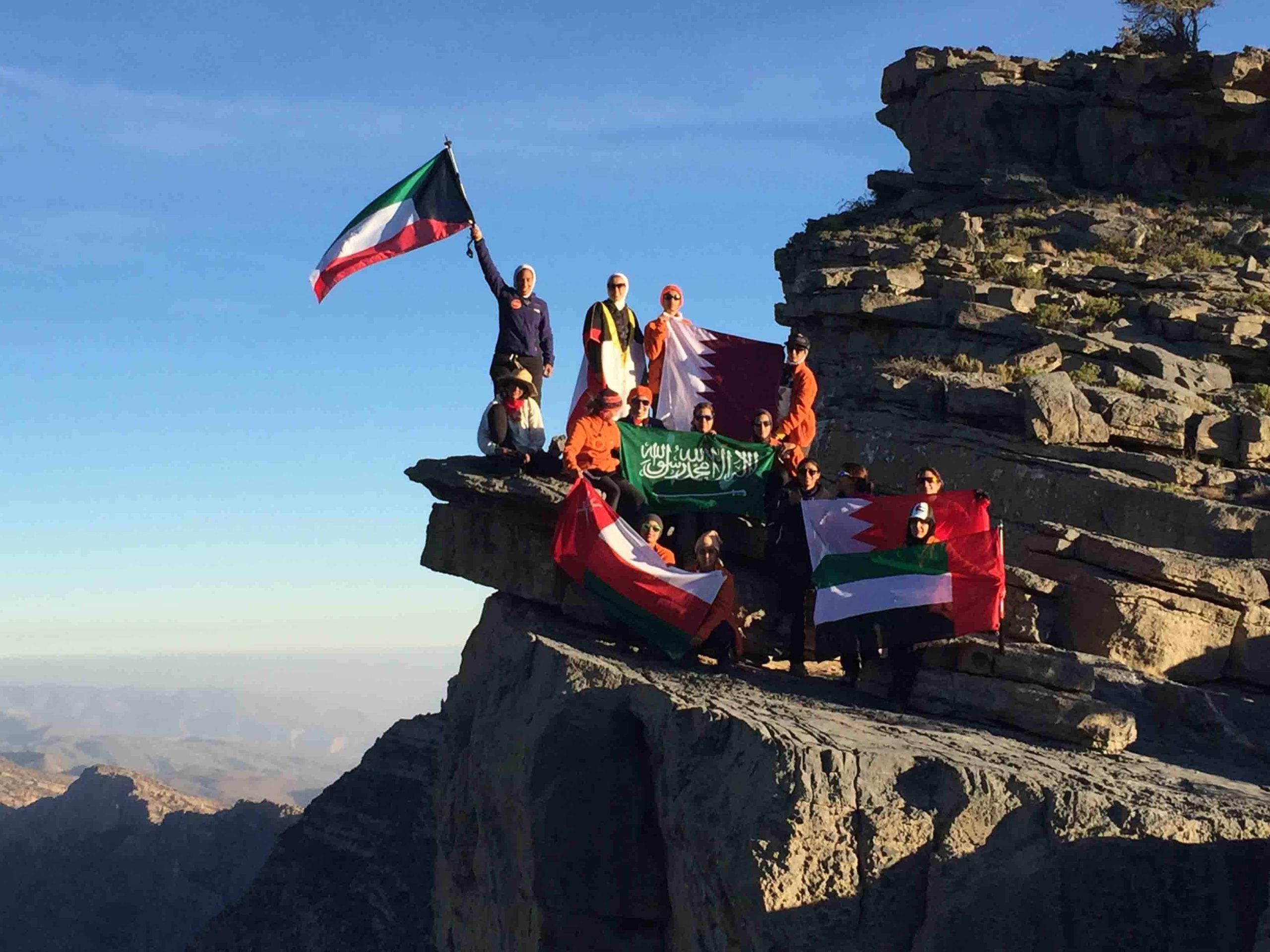Hospitality
Economic diversification and a focus on tourism is the way for GCC

GCC will experience a 125% growth in Russian visitors by 2023, as predicted by Colliers International.
A boost to the economy contributed by diversifying and focussing on alternate segments is what is augmenting the growth in Middle East. Infrastructure projects, SME investments, promoting tourism are some of the key measures undertaken by Middle East economies to reduce the dependency on the oil and energy sector.
The government led projects are focussing on developing an environment that encourages fresh entrepreneurs, start-ups and foreign investments. Optimum use of resources, business agility and relaxed visa rules are attracting great investments and reforming the existing business models. Huge investments in technology and analytics are altering the way the industries operate in the region.
Travel and tourism GDP growth is expected to surge continuously and create wealth and employment opportunities. While businesses are developing innovative strategies to attract global companies, travel and tourism remains at the forefront of the economic diversification plans across the GCC.
A recent statistics from Colliers International predicts the increase in the number of tourists from Russia. New airline routes, relaxed visa rules for Russian nationals, the oil price recovery and stabling of value of the Russian rouble has enabled the Russian travellers to explore GCC as a tourist destination. And Middle East right now, has numerous leisure and retail attractions to offer. The luxury hotels, resorts and theme parks are in abundant and attracting tourists from all over the world.
According to the Arabian Travel Market the number of Russian tourists travelling to the GCC is expected to increase 125%, from 933,000 in 2018 to 2.1 million in 2023. The drop in the oil prices and the instability in the financial and energy market had affected the influx of tourists in the region, particularly the Russians. But as the energy and financial sector are gaining momentum, there is a huge drift in the travel sector.
UAE is a favourite travel destination for Russians and is one of the top 10 source markets for the UAE. The number of visitors from Russia has drastically increased after UAE’s introduction of visas on arrival for Russian tourists in 2017.
The recent reforms and relaxation of visa regulations has helped Saudi Arabia. It is capitalising on these factors to nurture a vibrant leisure and entertainment sector, supported by a new league of hotels and resorts. This and a higher Russian visitor numbers will help support investment opportunities and economic diversification in the region. Saudi Arabia plans to target 30 million visitors annually by 2030.
Despite the UAE and Saudi Arabia leading comparative growth, Oman witnessed an increase of 11 per cent tourists between 2013 and 2018, while Kuwait experienced an aggregate growth rate of 7 per cent.
A robust infrastructure planning, technology implementation in the hospitality industry coupled with resourcing talent that can cater to a wide variety of audience are sure to help create a global tourist hub and enable GCC to emerge as a leading tourism and travel destination in the days to come.
-

 Insurance2 months ago
Insurance2 months agoSupporting Community Wellness: Liva Insurance Sponsors Muscat Marathon 2026 with Free Health Checkups
-

 News2 months ago
News2 months agoAI Security Conference 2025 Hosted by Securado Highlights the Changing Cybersecurity Landscape
-

 Interviews1 month ago
Interviews1 month agoEXCLUSIVE INTERVIEW: TLS Rebranding Marks Strategic Leap Toward Innovation, Sustainability & Growth
-

 Dossier1 week ago
Dossier1 week agoDossier, 2026
-

 Insurance1 month ago
Insurance1 month agoLiva Insurance Supports Community Wellness Through “Experience Oman – Muscat Marathon 2026”
-

 Investment3 weeks ago
Investment3 weeks agoLalan Inaugurates Its First Overseas Manufacturing Facility, Marking Sri Lanka’s First Investment in SOHAR Freezone
-

 Banking & Finance1 week ago
Banking & Finance1 week agoNational Finance Unveils Exclusive Ramadan Offers on Auto Financing
-

 Food & Dining3 weeks ago
Food & Dining3 weeks agoGrand Millennium Muscat’s exclusive Ramadan Iftar and Suhoor Experiences





























You must be logged in to post a comment Login